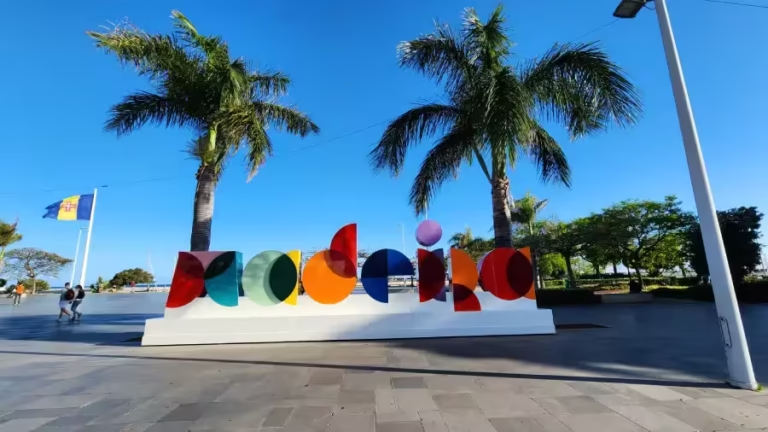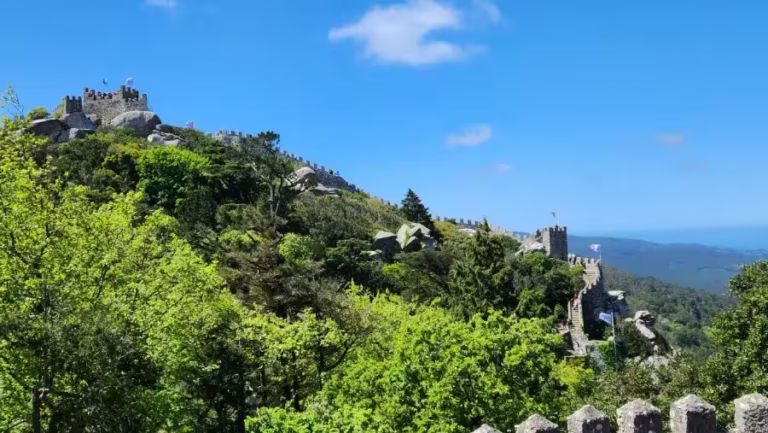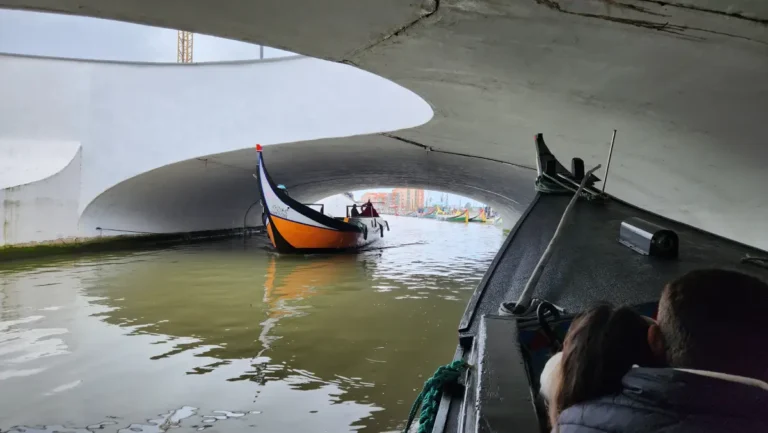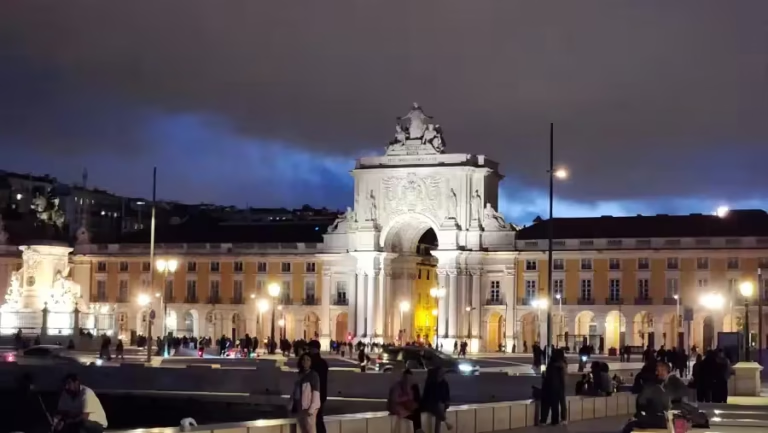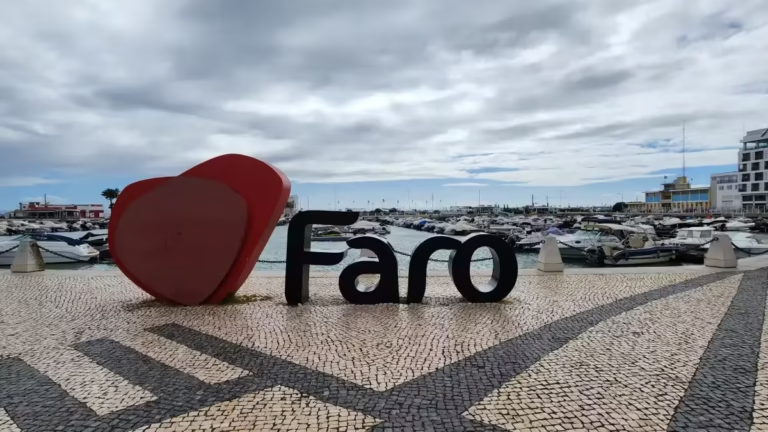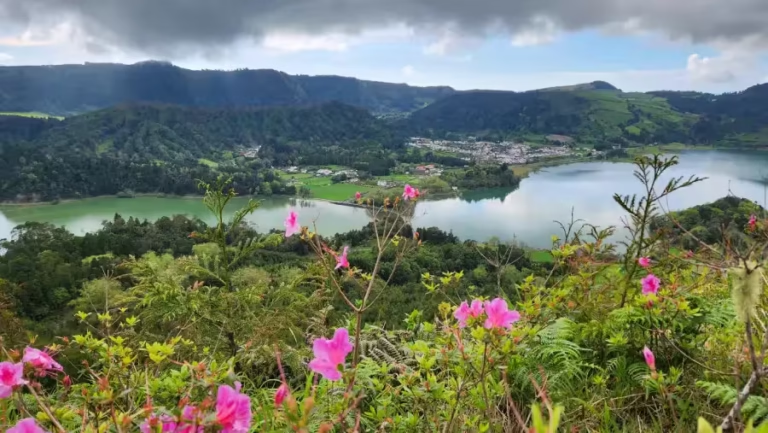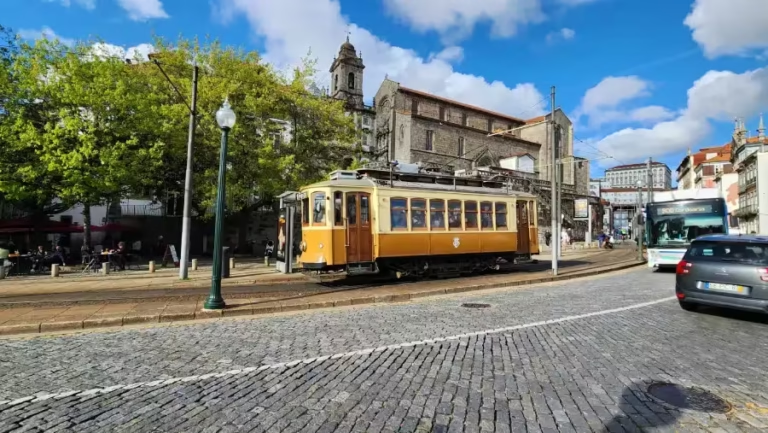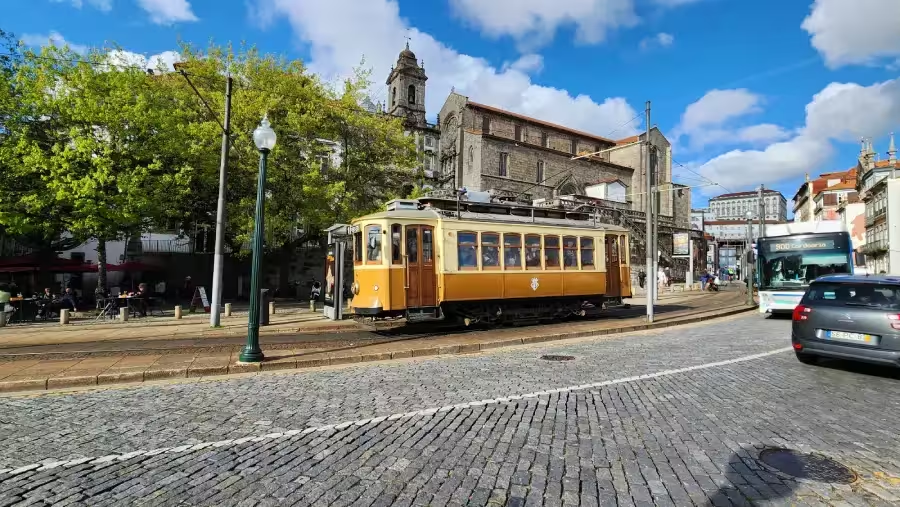
Table of Contents
TogglePORTUGAL
Geography of Portugal
Portugal, located on the western edge of Europe along the Iberian Peninsula, is a country steeped in history, culture, and stunning landscapes. Known for its maritime legacy, vibrant cities, and picturesque islands, Portugal offers a diverse tapestry of experiences for travelers and history enthusiasts alike.
Mainland Portugal:
Divided into three main regions—Norte (North),
Centro (Central), and Alentejo/Sul (South).
Mainland Portugal features varied landscapes.
The northern region is characterized by lush greenery, vineyards, and the Douro River Valley.
The central region includes the Serra da Estrela mountain range, while the southern Alentejo and Algarve regions boast sun-drenched plains and dramatic cliffs.
- Autonomous Regions :
- Madeira Archipelago: Located in the North Atlantic, Madeira is a subtropical paradise known for its rugged mountains, terraced vineyards, and vibrant flora.
- Azores Archipelago : Situated further west in the Atlantic, the Azores consist of nine volcanic islands offering breathtaking natural beauty, including crater lakes, hot springs, and lush forests.
History of Portugal
Portugal’s history is one of resilience, exploration, and innovation.
It dates back to prehistoric times when Celtic tribes inhabited the region.
The Romans later conquered the area, naming it Lusitania, and left behind significant architectural and cultural influences.
After the fall of the Roman Empire, the Visigoths ruled until the 8th century, when Muslim Moors invaded and established control over much of the Iberian Peninsula.
The Christian Reconquista began in the north, with the County of Portugal emerging as a distinct entity under the leadership of Afonso Henriques.
In 1139, Afonso declared himself King of Portugal, marking the birth of the Portuguese nation.
By 1249, the Reconquista was complete, and Portugal became one of the oldest nation-states in Europe.
The 15th and 16th centuries marked Portugal’s Golden Age of Exploration.
Under the patronage of Prince Henry the Navigator, Portuguese explorers such as Vasco da Gama and Ferdinand Magellan embarked on voyages that connected Europe to Africa, Asia, and the Americas.
This era established Portugal as a global maritime power and led to the creation of a vast colonial empire.
However, the 17th and 18th centuries saw Portugal lose some of its prominence due to wars, economic challenges, and competition from other European powers.
The 19th century brought political instability, including the Napoleonic Wars and the Liberal Revolution of 1820.
In 1910, Portugal abolished its monarchy and became a republic, but political turmoil persisted until the Carnation Revolution of 1974, which restored democracy and paved the way for modern Portugal.
Today, Portugal is a member of the European Union and NATO, known for its progressive policies, strong cultural identity, and thriving tourism industry.
